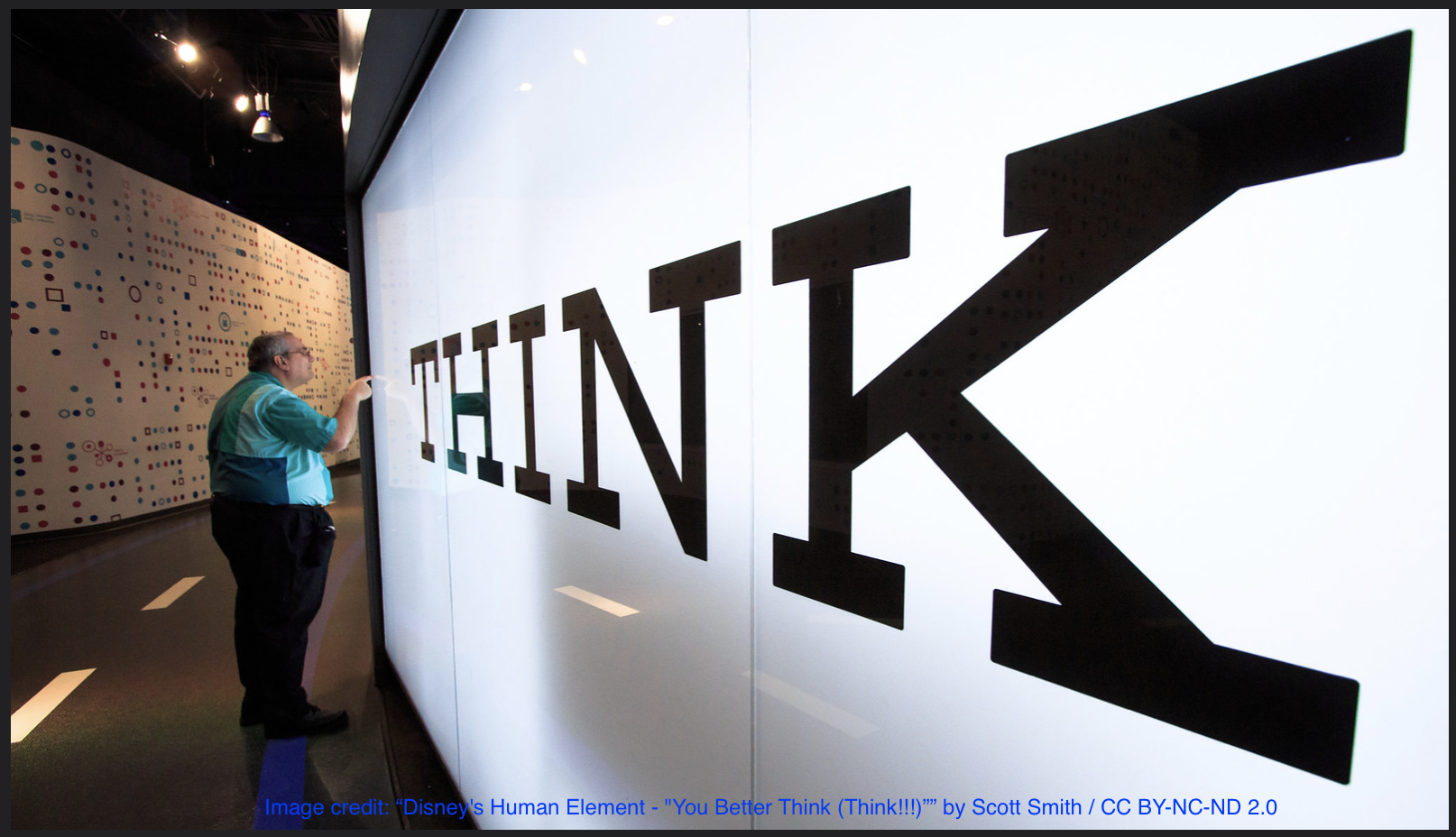HE institutions must learn to adapt to innovate
HE institutions must learn to adapt to innovate Patrick Blessinger, Enakshi Sengupta, and Mandla Makhanya Humanity stands on the precipice of an emerging revolution. This new revolution is brought about, in part, by the integration of biological, technological and social systems. For instance, we have seen remarkable advances in cybernetics, artificial intelligence, mixed reality, quantum computing, neural interfaces and genetic engineering, among others. Development of human intelligence This new revolution is just one in a long line of revolutions in human history over the past 10,000 years. The first major revolution was the Agricultural Revolution (also known as the Neolithic Revolution), which occurred in the Middle East around 10,000 BCE. This transition marked a turning away from nomadic hunting and gathering to stationary agricultural societies. During this period, humans established non-nomadic societies centred on crop and animal farming. Humans domesticated both plants (for example, wheat, lentils and flax) and animals [...]

